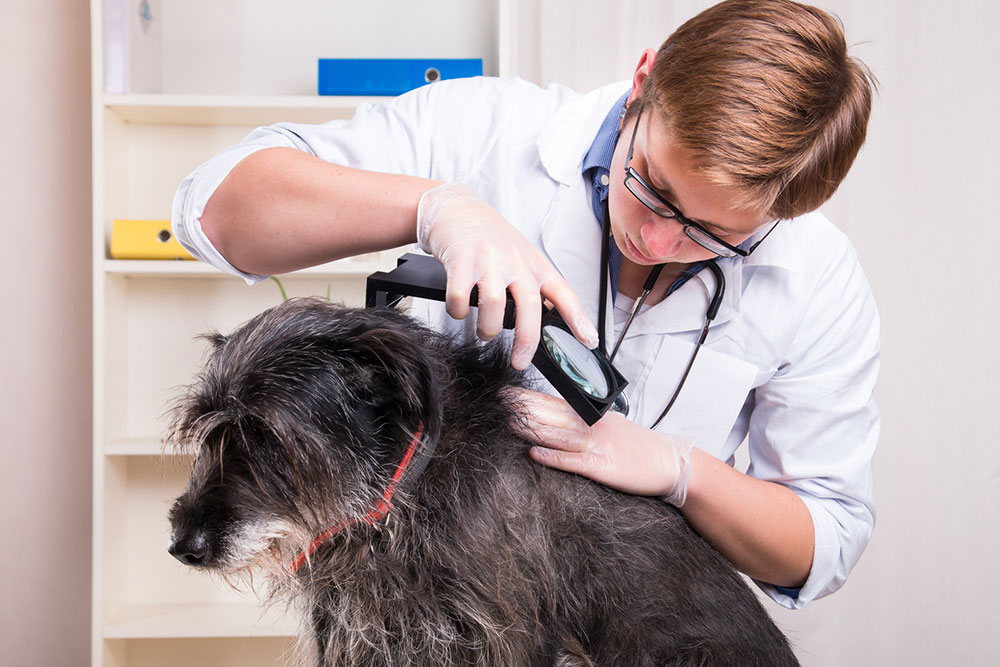Top 6 Toxic Plants to Keep Away from Dogs
Discover which common household and outdoor plants are toxic to dogs and how to prevent health hazards. Learn about symptoms of poisoning and effective preventive medications to keep your furry friends safe. Immediate vet consultation is essential if ingestion occurs. Protect your pets by staying informed about dangerous plants and treatments. This guide offers practical advice for pet owners to ensure their dogs remain healthy and safe from plant toxins and parasites.

Dogs are naturally curious and tend to sniff and investigate everything around them, including plants, flowers, or even trash. While exploring, they might ingest harmful substances. Certain plants contain toxins that can cause serious health issues such as vomiting, diarrhea, or even liver damage. Protect your canine companion by avoiding exposure to these hazardous plants listed below.
Sago Palm
This popular indoor plant thrives in warm climates. All parts of the Sago palm are toxic to dogs, and ingestion can lead to severe vomiting, diarrhea, abdominal pain, tremors, or seizures.
Aloe Vera
Often kept for its health benefits, Aloe Vera's gel contains compounds that are toxic to dogs. Consumption may result in lethargy, stomach upset, vomiting, and diarrhea.
Elephant’s Ear
A lush plant common in warm regions, Elephant’s Ear contains sharp oxalate crystals that can irritate the mouth and gastrointestinal tract, causing swelling, vomiting, or diarrhea.
Azaleas
All parts of the Azalea, including flowers, leaves, seeds, and nectar, are dangerous for dogs. Ingesting any part can lead to symptoms such as excessive salivation, vomiting, muscle weakness, abnormal heart rhythms, and in severe cases, death.
Ivy (English and Golden Pothos)
This ornamental vine can cause mouth and stomach irritation, drooling, and gastrointestinal upset if eaten by dogs.
Snake Plant
A common home decor plant, Snake Plant is toxic to dogs and may cause nausea, vomiting, and diarrhea upon ingestion.
If your pet consumes any of these plants, consult a veterinarian promptly. Additionally, delivering preventive treatments like flea and tick control can help protect your dogs from other health threats.
Protective Medications:
Simparica (sarolaner): Chewable tablets for dogs over six months, effective against fleas and deer ticks for 35 days.
BRAVECTO® 1-Month Chews: Aid in controlling fleas and ticks in dogs 8 weeks and older for a month.
K9 Advantix II: Monthly topical solution for removing ticks, fleas, and mosquitoes.
HEARTGARD® Plus: Chewables that eliminate five intestinal worms and prevent heartworm infection.
Disclaimer: The information provided is for educational purposes only. Always consult a veterinarian before administering treatments or handling potentially toxic plants. The website is not responsible for any inaccuracies or external offers linked within the content.










